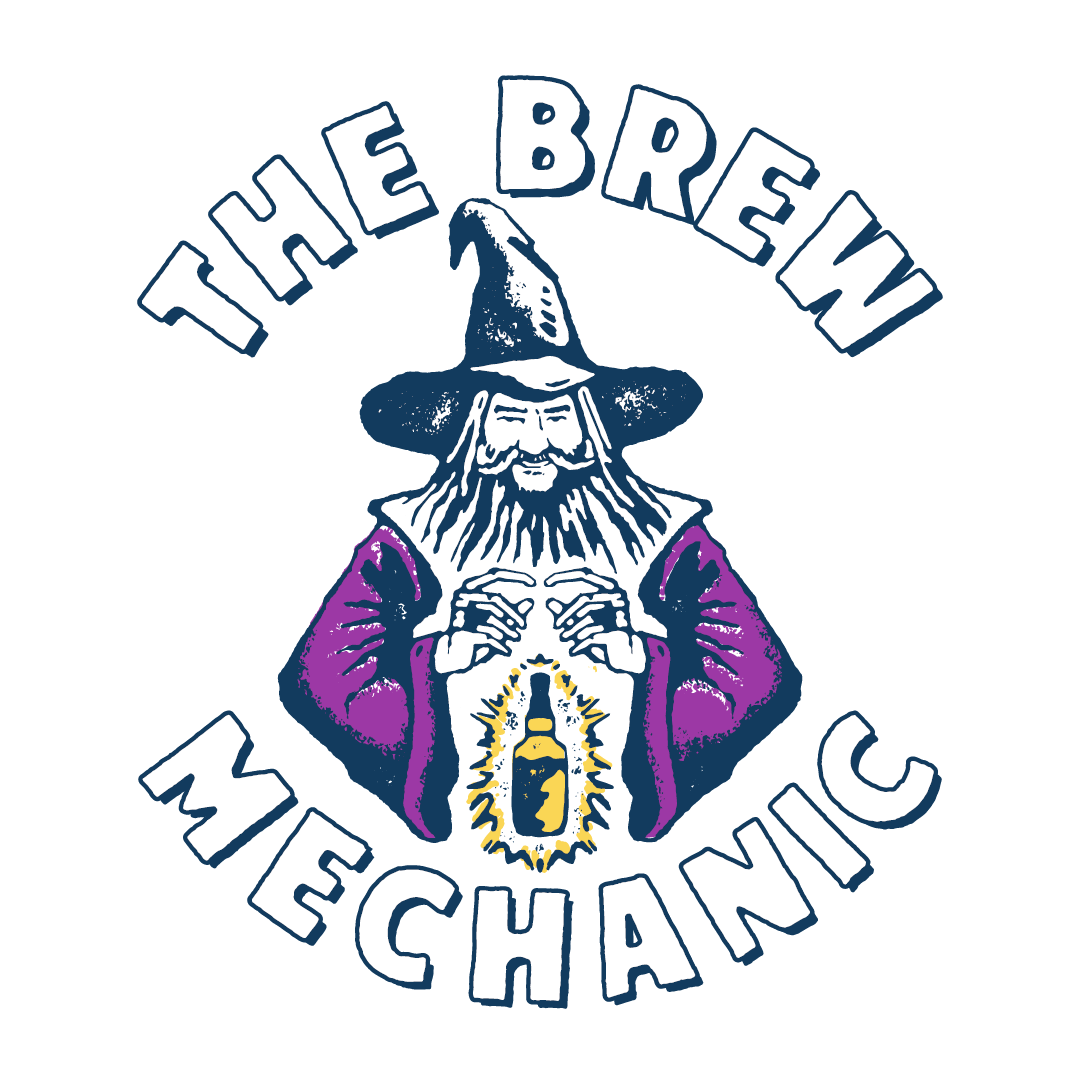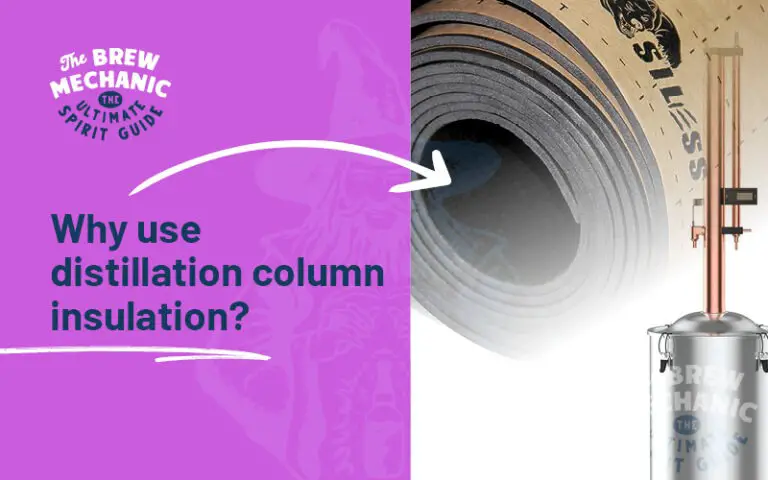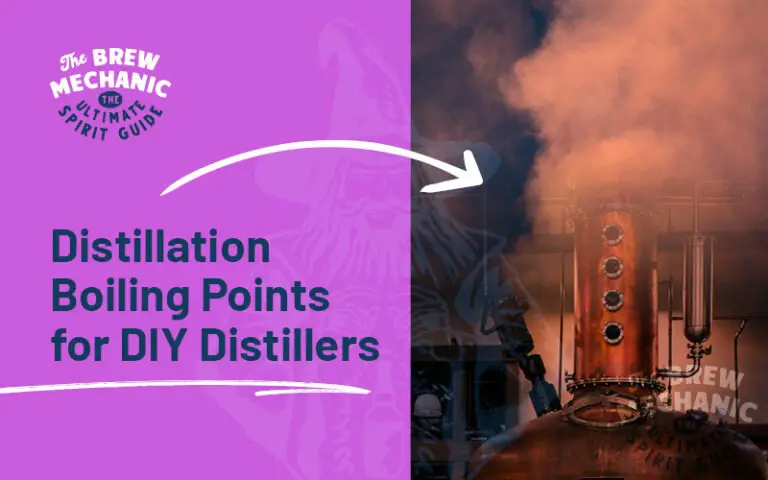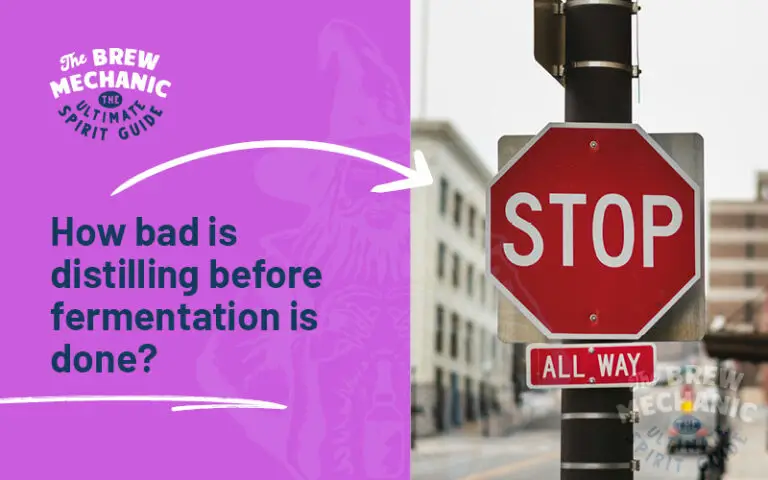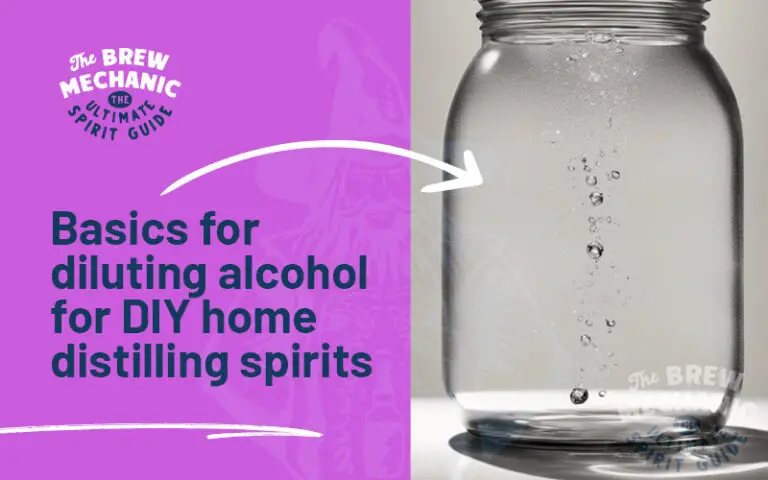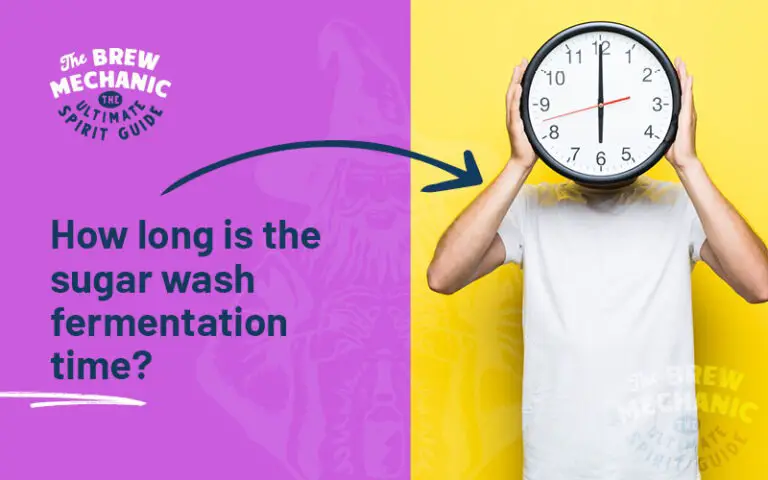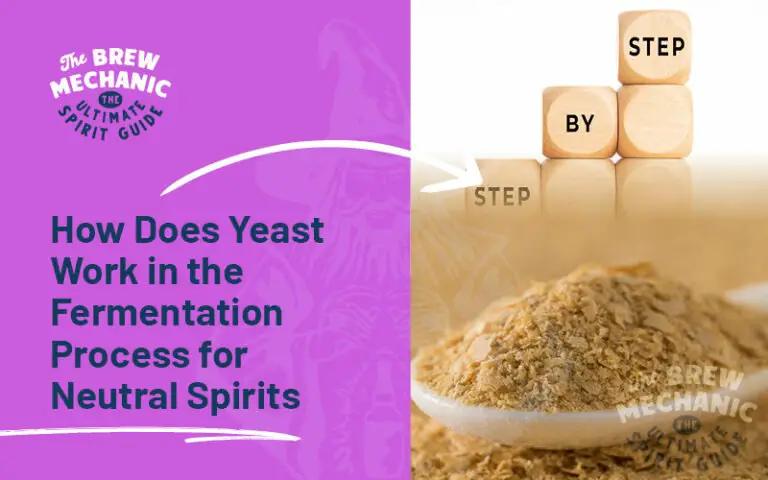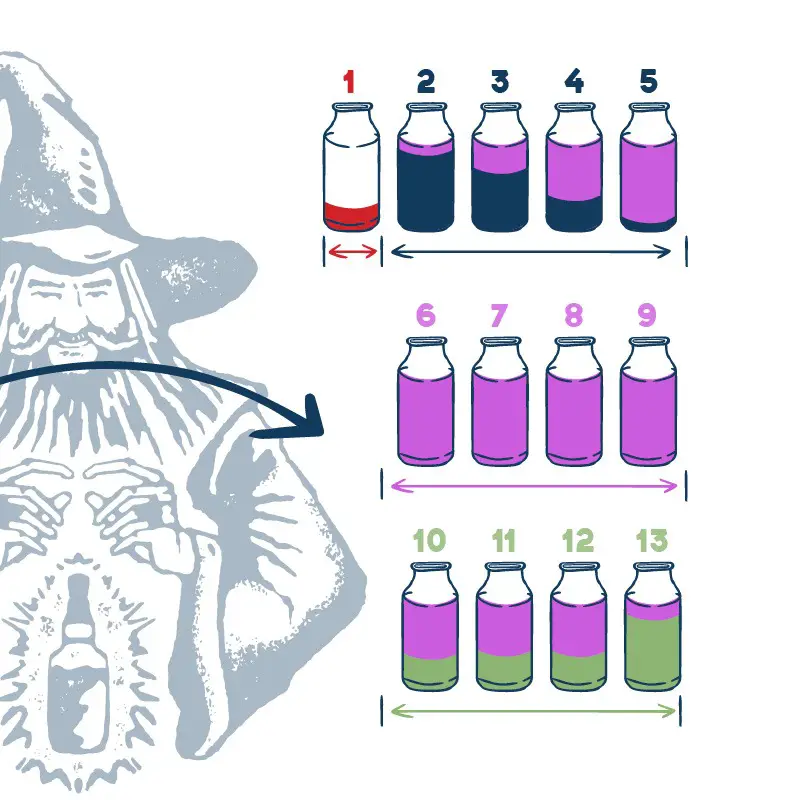Alcoholmeter vs Hydrometer – What’s the difference for home distillation?!
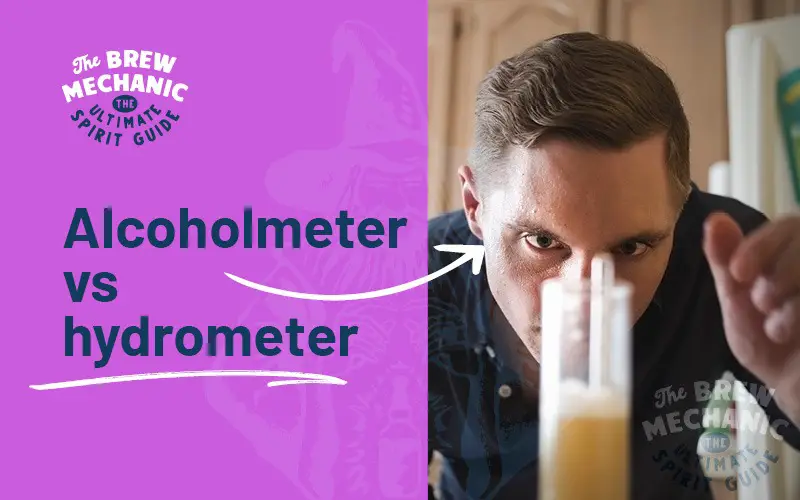
Disclaimer: This post might include affiliate links, through which I may earn a small commission without any extra cost to you. Additionally, I am an Amazon Associate and earn from eligible purchases. All the products and services I suggest are ones I have personally used or would use. Thank you very much for your support if you decide to buy through any of my links!
Come join the Distilling Squad!
Get the best fundamental tips & tricks here. Woohoo!
As you start on our brewing adventure, you are wondering what the heck are all these instruments?! From reflux still, jars to all the measuring instruments. Well my friend, alcoholmeter vs hydrometer gets mentioned a fair bit.
Guess what… it is pretty simple, we will break it down how each one works and what’s the main difference. Let’s get started.
Differences between an alcoholmeter vs hydrometer?
Alcoholmeter has been calibrated to the density to measure alcohol (Ethanol) or proof of the liquid (ABV). The scale on the side of the meter only reads alcohol values and is smaller in length. This meter is calibrated at 20 Celsius by the manufacturer and should be reading at the correct temperature for accuracy.
Hydrometer has been calibrated to the density of water and used in fermentation phases. The scale on the side reads the density of the liquid and is longer in size than the alcoholmeter. When calibrated between 15 to 20 Celsius by the manufacturer.
Now we can see the difference between an alcoholmeter vs hydrometer, let’s dive into what they are.
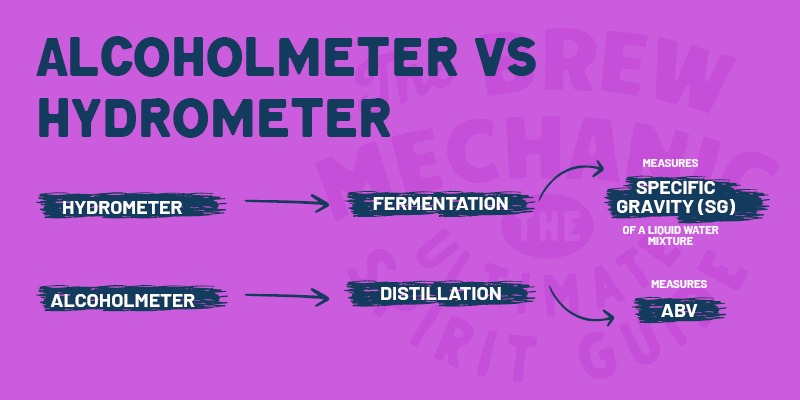
What is an Alcoholmeter?
With this meter, you can only measure the raw alcohol water mixture. This meter has been calibrated to the density and temperature of 20°C (68°F) of pure Ethanol. The alcohol meter sinks into the liquid to a certain depth reading the actual alcohol water ratio. Showing the measured alcohol content as the proof of the liquid (ABV). It will show if the alcohol is 90%, 60% or 40% proof.
What is a Hydrometer?
A hydrometer has been calibrated to only measure the specific gravity (SG) of a liquid water mixture. In brewing a sugar wash solution density (SG) is measured to record the opening SG. At the end of fermentation, you again measure the final SG of the mixture. You then subtract the Open SG from the Final SG x factor to get to the potential alcohol you can expect from your batch.
This also helps you with making cuts. For more about the terminology, head to our distiller’s glossary.
Can a hydrometer be used to measure alcohol ABV?
How to Use an Alcoholmeter
How to use a hydrometer
Example: How to dilute say 90% alcohol to 40% with an alcoholmeter
1. Take a sample of the concentrated alcohol with the alcoholmeter, and confirm it is 90%
2. Simple: Collect (5L) or the amount of raw alcohol you want to dilute. X actual raw alcohol (90%) divided by the required concentration (40%)
5L X 90% / 40% = 11.25 Litres of water.
2.5l X 90% / 40% = 5.6 litres of water.
The total volume of alcohol will now be the initial amount + added water @ 40% proof.
Note: Add 1 to 2 litres of water less, take a sample then adjust to be safe. Once you are confident then you can make accurate blends. You must still check the alcohol percentage % with the alcoholmeter after dilution to confirm the accurate reading.
Let’s understand the difference
As The Brew Mechanic summarises this article, both the alcoholmeter and hydrometer are useful tools for DIY distillers, they serve different purposes. The alcoholmeter is used to measure the alcohol content of a raw alcohol-water mixture, while the hydrometer is used to measure the specific gravity of a liquid during fermentation. A hydrometer cannot be used to measure alcohol content in a distilled spirit, as an alcoholmeter is needed for this purpose. Have fun testing out the alcoholmeter vs hydrometer for your knowledge as practice makes perfect. Enjoy team.
Last Updated on July 10, 2023 by The Brew Mechanic
Disclosure: I may receive affiliate compensation for some of the links below at no cost to you if you decide to purchase a product or service. You can read our affiliate disclosure in our privacy policy. The information provided is for entertainment only.

With 35 years of knowledge of being a chemical engineer in alcohol manufacturing plants, my mission is to teach the next generation of home distilling alcohol brewers at a supernatural speed.
My reviews are based on real-life experiences with reflux stills, sugar wash, troubleshooting and mystical chemical reactions.
